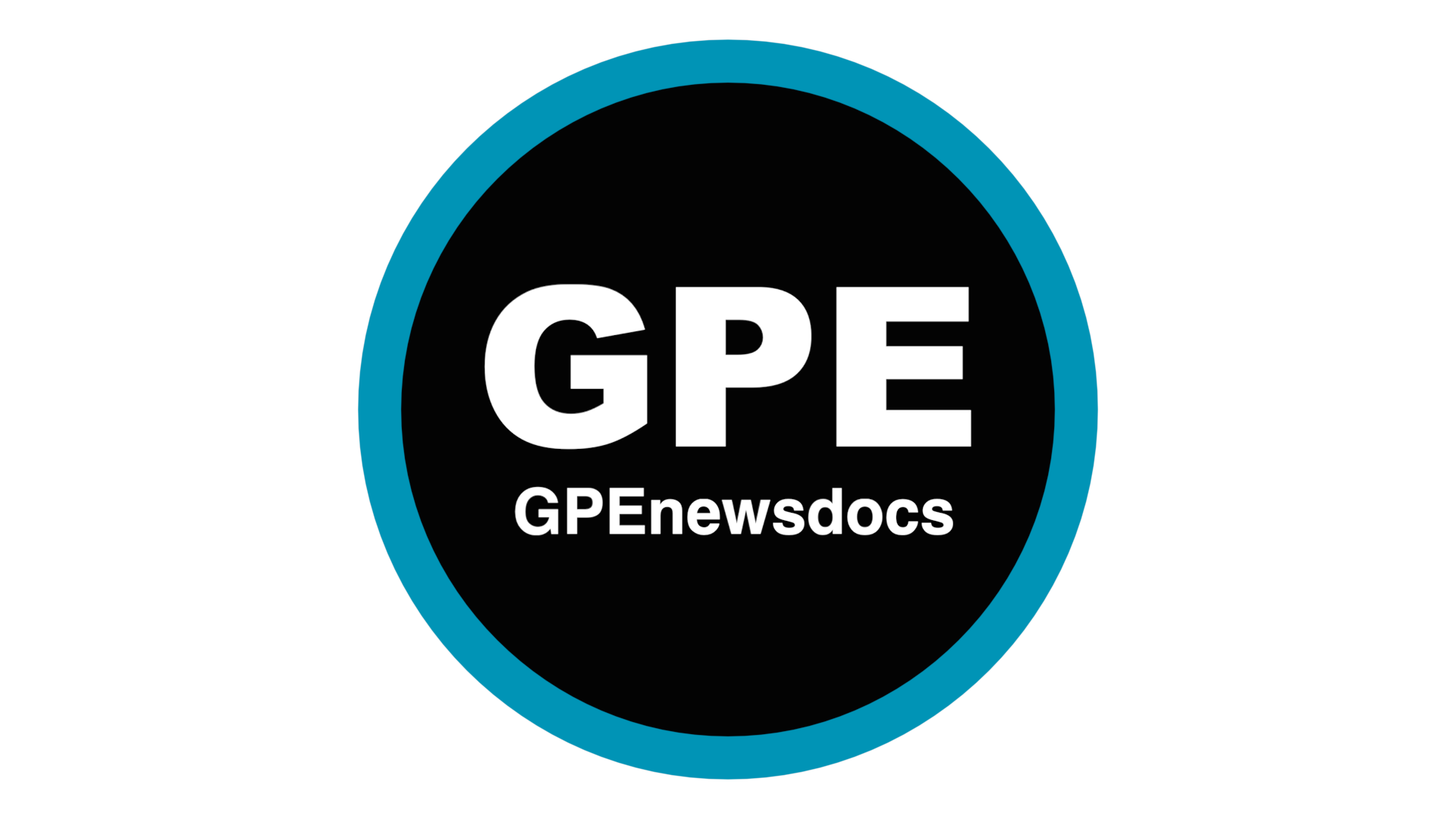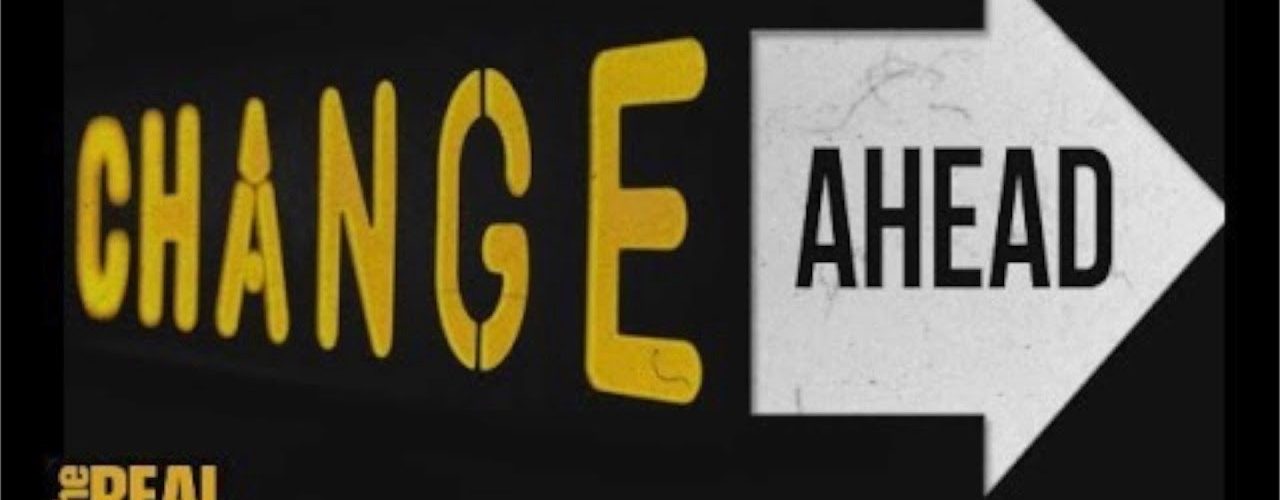Change comes when enough people in a society realize what’s going on doesn’t work says Jayati Ghosh, co-editor of “The Handbook of Alternative Theories of Economic Development” a landmark volume that shows comprehensive alternatives exist but as Ghosh goes on to emphasize barely are discussed by mainstream media
August 13, 2017 Produced by Lynn Fries
TRANSCRIPT
Lynn Fries: Welcome to The Real News Network. I’m Lynn Fries in Geneva. In this series, we report on talks centered around changing course in economic development. Specifically comments made by panelists here in Geneva at a recent book launch for The Handbook of Alternative Theories of Economic Development. This fourth and concluding segment features clips from a Q&A session. We now go back to the UN Library book event moderated by book co-editor, Jayati Ghosh of Jawaharlal Nehru University,
Jayati Ghosh: Discussion has come very nicely back to the contemporary issue so this probably a good time to get some responses and comments and questions from … Yes, if you …
Lynn Fries: In response to comments and questions form the floor, Fintech, Digitalization and Micro-finance as rosy scenarios for the way forward was among the topics addressed by panelists.
C.P. Chandrasekhar: I come from a country where we had this amazing experiment just a few months back. Where 86% of the currency in circulation in the country was over a period of 3 hours withdrawn and that is really what it amounted to was the expropriation of purchasing power. And in the first instance the argument was that, you know, this is going to really help fight corruption, counterfeiting of currency and evils which come from the fact that there is an excess between the state and private capital.
But obviously, this too because clear that the black economy is not going to disappear, corruption is not going to disappear, just because you’ve expropriated this purchasing.
And the argument became, “Oh, but this is very good. Because what it’s going to do is to force people to go to digital.” And what it actually did was it forced people out of employment, it forced people into losing, in terms of prices collapsing, particularly of perishables. It froze markets, such that a large number of people were adversely affected and a lot of what comes in the media about the success of that is actually not true. And which is now being debated, to your point on that.
But the essential point was, the moment currency came back, the moment currency came back you actually ran into a situation where people ran back to … They stopped using a lot of the digital transactions. Even to the extent that they were using it. Let’s say the lower middle class, the poor really didn’t..they neither have bank accounts nor cards to be able to engage in these digital transactions.
But what is becoming clear is that there is definitely a push. Because you undertake transactions in cash, let’s say you have a fishing boat which brings fish to land. You auction the fish at that point, people buy it. The wholesalers buy it than you hand it over to retailers. So there are multiple transactions. When these multiple transactions just to catch fish and take it to market at each stage the transactions in cash, there’s no cost. But at each stage, the transaction is going to be digital, there is a cost. So one of the arguments now being made is what that effort at digitalization did was actually to try and in some sense, not really expropriate purchasing power but use that to expropriate surplus.
Now, I’m not saying that all digitalization is bad but when we look to co-opting tools, which already exist, we must also look at the danger of possibly getting co-opted into a mechanism, which is finding new ways of expropriating surplus. And, you know, for example even micro-finance in many states in India has become a means for expropriating surplus rather than something which aids the poor.
Richard Kozul-Wright: I just … I mean, you know we’ve done quite a fair amount of work on micro-finance. We have a book coming out on micro-finance experiences at the end of the year. You know, you can always find success stories but if you think micro-finance is going to alleviate global poverty, you better think again because all the evidence suggest otherwise. All the evidence available suggests otherwise.
And to be quite frank, if I hear another story about a Ugandan peasant, usually a woman, with a credit card and a mobile telephone, you know improving their lives beyond whatever I don’t know what I’m going to do. But I mean, most of it is anecdotal and quite dangerous really. The idea that you can alleviate poverty on the back of double or triple digit interest rates is just mathematically delusional, to be quite frank. And the serious evidence that is being collected on micro-credit/micro-finance does not suggest that this is a way to alleviate poverty and create the kind of development that Rainer talked about earlier.
Which is not to say that we don’t need mechanisms that can effectively lend to small and medium enterprises, which we do. And certainly most commercial banks do not effectively do that. But that’s another story altogether. I think the fintech. micro-finance cheerleaders have probably been very damaging to the development challenge over the course of the last couple of decades.
Jayati Ghosh: In fact one of the issues that is in a sense coming back in various chapters of this book is that you can’t get a technological fix to what are social and economic problems. Technology can aid and assist but technology is very much part of the overall social and economic relations. So you cannot substitute for a transformation, in let us say how banks lend and to whom they lend and who is seen as credit worthy and so on, through technology. When you have changed that particular social relation you can use technology to actually make it more efficient and all of that kind of thing. But Rainer..
Rainer Kattel: Yes I just wanted to comment on the fintech of digitalization in the banking, I think we have gotten it wrong, in essence because we now see a lot of it happening in credit creation which is exactly the micro-finance and all that, but not in the payment system. I think, it should be the other way around. We should look at the payment system as a very digital area and credit creation should be really where the public should be the one who guarantees it, underwrites it and enables actually the credit to be available to people who want to do their own businesses and all these things. So we have gotten it the other way around, I think. Jan Kregel, the former UNCTAD alumnus, has done very good work on that showing how this could be the way forward actually.
Lynn Fries: We now move to featured clips of panelists responding to comments and questions revolving around issues related to transformative structural change.
Richard Kozul-Wright: We’ve had the relentless mantra that there is no other alternative now for twenty years. And that’s true of the kind of liberal center and the right center that more or less pedaled the same kinds of economic and political messages now for three decades. And you know, at least the work that we’ve done, that has, you know, not touched positively lives of many people who are increasingly frustrated at the fact that they were left out of what they were constantly being told was a good thing but which they were not seeing much of, essentially. And that is certainly true of Brexit, certainly true of the part of the UK that I come most of which voted for Brexit.
And so, in a certain sense, the perverse kind of silver lining of that is that people are now thinking about alternatives and there are lots of them out there. Ecuador, as a country has been doing all kinds of stuff. Vis-a-vis, for example, mobilizing tax resources, clamping down on illicit capital flows which I think is something that can be generalized. You have the emergence of the new development banks as an alternative to the Bretton-Woods system, the AAIB the new development bank, a whole range of regional kind of schemes to better manage a country’s … help countries better manage their integration into an international economy.
You know, there’s not going to be a kind of grand kind of explosion somewhere that opens up all these possibilities, but there are lots of little possibilities that somehow the UN as an institution should be bringing together in many respects. As offering an alternative to a kind of combination of persistent austerity and naïve neo-liberalism and that’s the job of the UN. It should be doing that. I just don’t … unfortunately; I don’t see enough of it for it to be making a difference.
Now when I look at when UNCTAD made a different in the 60s and 70s, it was essentially because the developing countries … even though there were lots of differences across … I mean, people talk about the South has become fragmented. But the South in many respected was very fragmented in the 60’s and 70’s, But they had enough solidarity to be able to empower an institution like UNCTAD to make a difference, constructively.
So, special drawing rights (SDRs), UNCTAD was very much involved in the creation of special drawing rights in the late 1960’s in recognition that liquidity constraints can be a serious problem to all countries, but developing countries in particular. And there was a real concerted effort to push it. The nought point 8 (0.8%)… the nought point 7 (0.7%) ODA target (Official Development Assistance target), again people forget but that was an UNCTAD contribution to the international development agenda. Debt relief in the 1970’s was another contribution of UNCTAD.
And it was basically because you had that very strong interaction between a politically solidartistic South and an engaged and technically competent Secretariat that could translate those political concerns into a persuasive and working agenda, essentially. That could make a different, and did make a difference.
And I think … I think that’s still lacking. I think the great frustration in many respects is that even though we see all these problems and we to some extent have solutions to those problems, that underlying political will and commitment is still not there that can begin to make a difference when it comes to advancing a more positive agenda that can address the imbalances and inequities and inequalities that currently constrain opportunity both in the North and South. It still feels much more like a confliction kind of environment than it is in which you have enough common ground to be able to construct a more positive agenda.
C.P. Chandrasekhar: You know, I just want to make one point about … It is true that the IMF and its structural adjustment policies in the past, the WTO, the fact that we have WTO-plus in many regional agreements now, bilateral investment treaties, etc. but the fact is these are mechanisms which institutionalize and give legal legitimacy to tendencies which come because of other structural factors.
If a country decides to open its borders to the free movement of capital both ways, it results in a situation where there is such a large accumulation of finance capital in these countries, that you don’t have policy space. If you, for example, decide to go in for public expenditure based on borrowing, the next day you’ll have all the financial newspapers, the media, etc. saying, oh my God, look at the size of the fiscal deficit in this country, this is not okay, because finance doesn’t like a fiscal deficit.
So, the policy, which actually constrains your space, is also something which national governments do. And what actually happens at the level of these international institutions is that they then put them into the rule books such that they become institutionalized and they get legal legitimacy. So, I do think we should also fight this battle at the national level that we cannot have elites and governments, which actually create structural situations where policy space gets destroyed. It’s not merely in these international institutions that I think it happens.
Jayati Ghosh: I think often changes come in ways and from directions that we don’t expect. And they come basically when a sufficient body of people in a society has realized that what is going on actually doesn’t work. I think we are in something like that kind of situation now. It doesn’t mean that the changes are always wonderful. Let’s face it you can get utopias and dystopias. And the last chapter of the book actually talks about the possibility of both utopias and dystopias.
But I think we shouldn’t underestimate the possibilities of change. Large capital is very, very powerful but it’s also brittle and fragile. The reason why we act so strong and get so threatened is because it is actually a house of cards. And I’m not saying that therefore tomorrow it will all be over but I do think that we should not underestimate how trapped we can feel, pre facto. All of our analysis of major social change is post facto and therefore we find all these streams that were contributing to it. I think there are these streams today. And I think we are at a moment of change.
It’s not that there’s not a whole range of alternatives available, it’s that those barely get any media coverage. They barely get talked about in the dominant forms of either mainstream or social media. A lot of which is determined by the large capital of today which is probably more influential in influencing minds than at any time in the past. So I think in a way the role of media, not just conventional media that we know, but the new media which is very, very highly monopolized and corporate controlled is also very critical. And so we have to, in addition to thinking of the actual things to do, we have to think of ways of combating that very monopolized control over knowledge, information and analysis.
Lynn Fries: We have to leave it there. Special thanks to the panelists and moderator of this discussion. And to the UN Library as host of the Geneva book launch for The Handbook of Alternative Theories of Economic Development. And thank you for joining us on The Real News Network.
END TRANSCRIPT
Book Launch on Demolishing Development Myths with
- Jayati Ghosh, Professor, Jawaharlal Nehru University, New Delhi, India.
- Rainer Kattel, Professor, Tallinn University of Technology, Estonia, and Visiting Professor UCL, London
- C. P. Chandrasekhar, Professor and Dean of Social Sciences, Jawaharlal Nehru University, New Delhi, India
- Katja Hujo, Senior Research Co-ordinator, UNRISD
- Richard Kozul-Wright, Director of Division on Globalisation and development Strategies, UNCTAD
Originally published at TRNN



